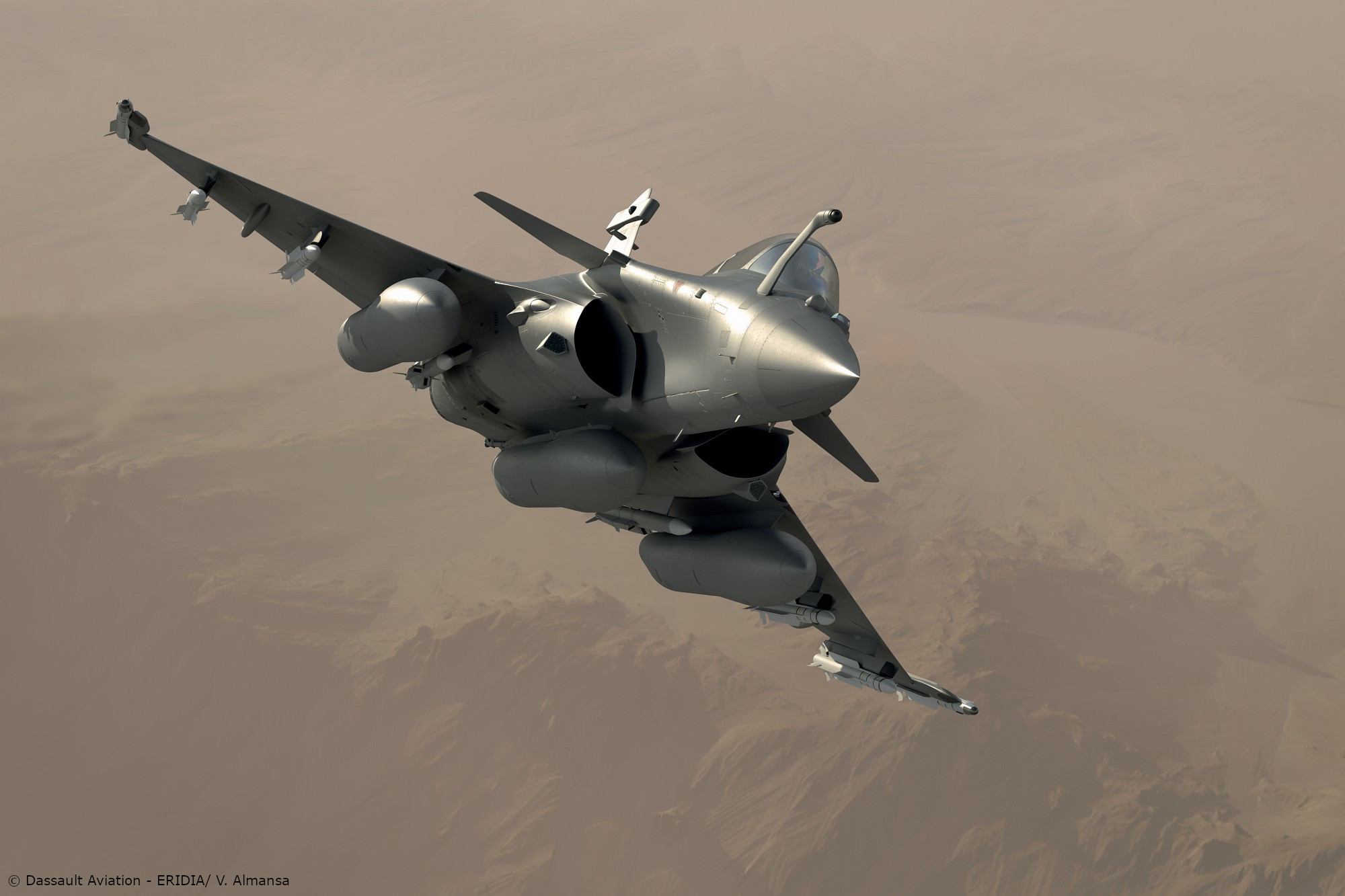Ukraine, investors rethink ESG criteria in favor of defense companies?

For years, investors and financial institutions have been moving away from the defense sector in favor of ESG investments. But the war in Ukraine could turn the tide. Here are the new scenarios for Europe after the Russian invasion of Ukraine
The war in Ukraine could turn the trends of sustainable finance upside down.
In recent years, investors across Europe have shied away from the defense sector in favor of companies with stronger environmental, social and governance (ESG) profiles, damaging defense actions and increasing financing costs.
A year ago the Swedish bank Seb adopted a new sustainability policy which excluded defense actions from its funds. Yet now the financial institution has made a U-turn. From 1 April, six funds will be able to invest in the defense sector.
Seb says he began to review his position in January following the "serious security situation and growing geopolitical tensions in recent months", culminating in the Russian invasion of Ukraine.
The bank, one of the largest in the Nordic region, wasn't the only one avoiding defense companies. But as the war in Ukraine intensified, defense company stocks began to jump.
"Defense will likely be seen as a necessary element to facilitate ESG issues and maintain peace and stability and other social assets," Citi analysts recently pointed out .
Will it really be like this?
All the details.
DEFENSE COMPANIES EXCLUDED FROM INVESTMENTS
A 2018 European SRI study found that 63.6% of EU investors excluded "controversial weapons" and 45.7% excluded "all weapons" from their portfolios. The cause is the orientation in favor of “increasingly incompatible” investments with ethical and sustainable criteria (ESG).
COMPLAINTS FROM THE DEFENSE SECTOR FOR ESG CRITERIA
As the Financial Times explains, “defense firms had warned that the ESG label could limit their access to capital, particularly for the small and medium-sized enterprises that make up the supply chain. Banks in Germany, Belgium, the Netherlands, Sweden and Finland were already cutting ties with companies that generated only 5-10% of their defense revenue ”.
France's Thales has seen the share of shares held by European investors (outside of France) halve since 2016. In January, Rheinmetall's chief executive revealed that some German bankers had decided to stop doing business with the company. reports the Ft .
In Italy, the issue of Leonardo Alessandro Profumo underlined in an interview last December that the ESG criteria adopted by the banks make financing for defense groups more difficult. And at the end of the year, Leonardo subscribed, with a club of national and international banks, an ESG-linked Term Loan credit line for an amount of 600 million, with a duration of 5 years and maturing at the beginning of 2027. This credit line credit is linked to specific ESG indicators – included in the ESG-linked Revolving Credit Facility (RCF-ESG) signed on 7 October.
THE PROTEST OF THE FRENCH DASSAULT
The French warplane manufacturer Dassault Aviation has recently commented on the matter.
According to the CEO of Dassault, the increase in European defense spending has only benefited US defense players. Defense industries in Europe have been damaged by the push for EU taxonomy.
"Taxonomy is not an effective weapon against current threats," said Dassault CEO Eric Trappier, reports Reuters . "It is a weapon used against us, the defense industry, and the proof is that … its small suppliers are starting to have problems with their banks."
THE CHANGE OF COURSE TRIGGERED BY THE WAR IN UKRAINE
But in the aftermath of the Russian invasion of Ukraine, this trend could change.
"We are seeing evidence that a number of large European wealth managers are re-evaluating the industry," Luke Sussams, head of ESG in Europe, the Middle East and Africa for investment bank Jefferies, told Reuters . "The Ukraine-Russia conflict was a real wake-up call for ESG investors in general."
However, other investors argue that the sudden rethinking of the European security architecture does not mean that arms manufacturers are suddenly sustainable.
"Sustainable investments must meet the 'Do not do significant damage' criterion – this is not the case with armaments," said Henrik Pontzen, head of ESG at Union Investment. The latter continues to exclude from its sustainable funds any company that earns more than 5% of its revenue from weapons.
THE WORK OF THE EUROPEAN COMMISSION ON SOCIAL TAXONOMY
In the meantime, this debate also involves the European Commission working on the definition of an ESG taxonomy, in particular the social one.
Can an investment in an arms manufacturing company be considered socially sustainable?
The Sustainable Finance Platform (PFS), a group of about fifty experts set up by the Commission itself to seek advice on Taxonomy, is debating whether or not to include the defense sector.
On February 28, the PFS published the report on social taxonomy. “He seems to have clear ideas about excluding him. The arms sector, in fact, together with that of tobacco and therefore of the production and marketing of cigarettes, has been cited among those to be considered socially harmful ”” reported Esgnews .
Including defense in the social taxonomy of the EU "would run counter to the principle of the 'principle of not doing significant damage'". Hortense Bioy, director of sustainable research at Morningstar, highlighted this to Reuters .
This is a machine translation from Italian language of a post published on Start Magazine at the URL https://www.startmag.it/economia/ucraina-gli-investitori-ripensano-i-criteri-esg-a-favore-delle-aziende-della-difesa/ on Sun, 13 Mar 2022 14:24:43 +0000.
